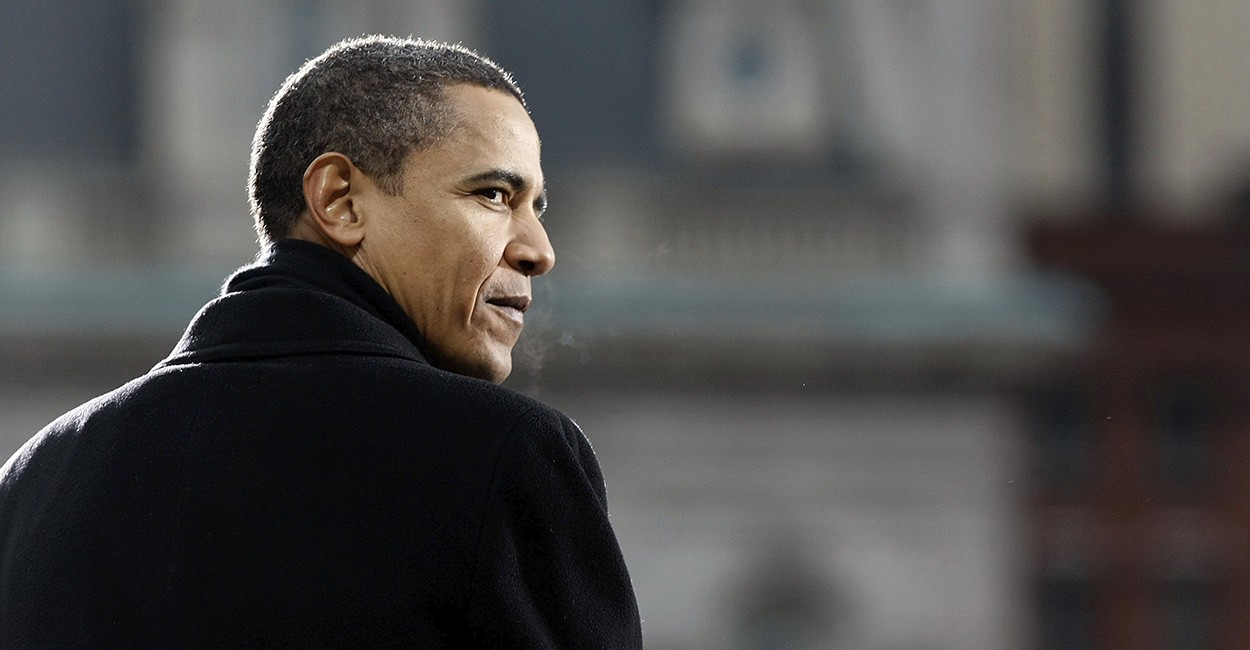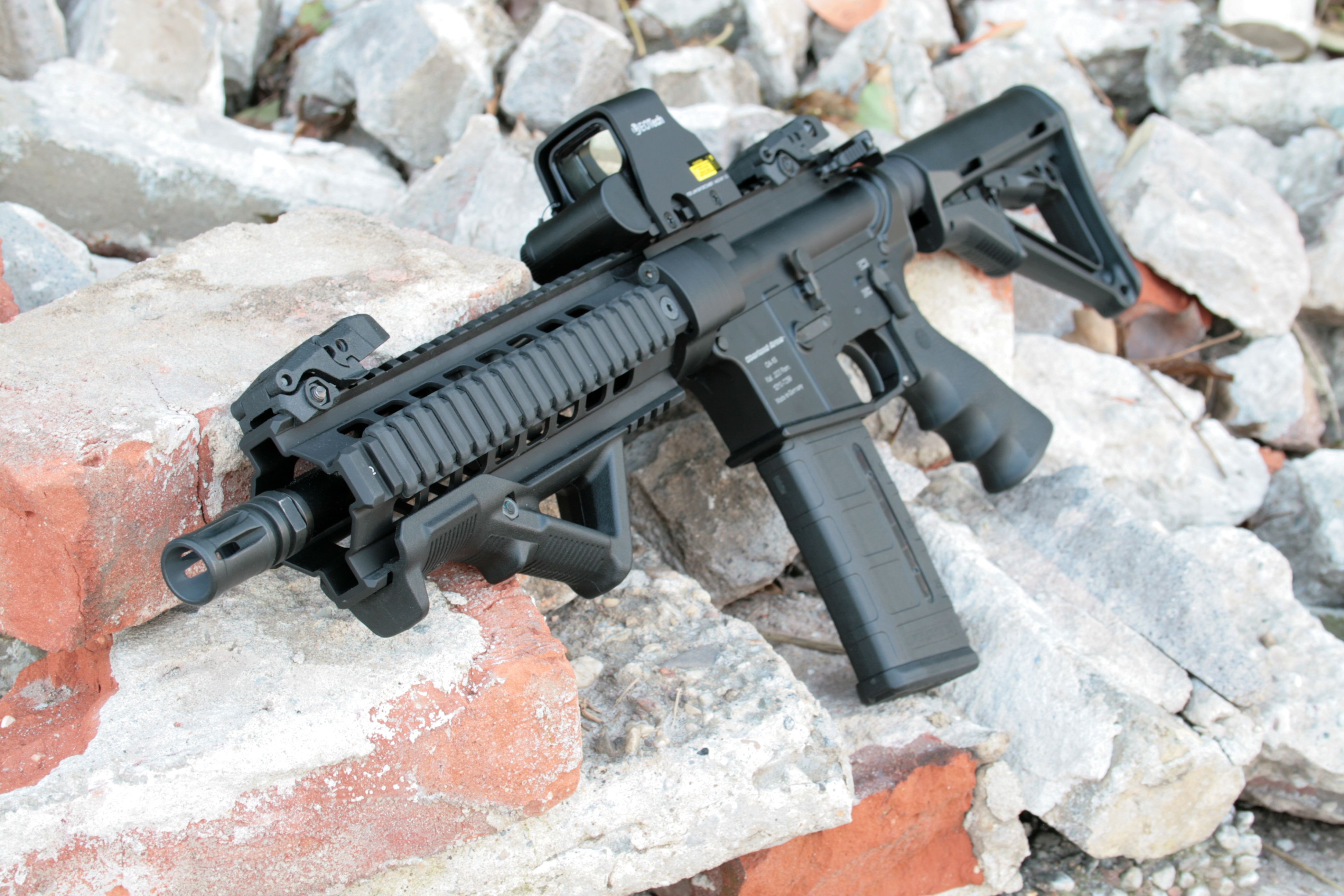By: Quinn Rogness
In wake of the tragedy in Newtown,Connecticut, the issue of gun control has been pushed to the forefront of Washington’s political agenda, in which everything from the legal status of extended magazines, assault weapons, and expanded background checks has been discussed. In spite of the tragic events that have occurred, many politicians and gun ownership advocates have been in steadfast opposition to any form of increased gun control. Last week, a Senate measure to expand background checks failed to get the 60 votes needed to break a filibuster, leaving the future of gun control in question.
The failed amendment would have expanded background checks on guns to include internet gun sales as well as firearms sold at gun shows. President Obama expressed his disappointment and frustration in a speech outside the White House. The President highlighted the fact that 90 percent of the American public support increased background checks. The bill’s sponsor, Sen. Joe Manchin, D-W. Va., blamed the NRA for the amendment’s failure. The failure of this amendment just adds another bullet point to the lengthy list of failed attempts at gun regulation in America. One has to wonder if the NRA and the rest of the American gun lobbies’ influence is the sole reason that even minor gun control legislation has failed to find solid ground in Congress. In the 2012 election cycle, 261 congressional candidates received donations from the NRA, displaying the widespread reach that the gun lobby has over our elected officials. Fortune Magazine ranked the NRA as the most effective interest group in the nation, outranking other powerful groups such as AARP and AFL-CIO. The gun lobby clearly has a great influence over our politicians, despite having fewer members than other lobbies.
Nearly all Republicans are against most expansions of gun control, while nearly all Democrats support expanded gun control. However, there is a fickle bunch of red state, Blue Dog Democrats who swim against the current of their party, and have lined themselves up against new gun control measures. North Dakota’s newly elected junior senator Heidi Heitkamp was one of four Democrats who voted against expanding background checks, which in turn doomed the amendment. Heitkamp campaigned on being an independent-minded, principled legislator, and is breaking from her party in this instance. One must wonder if Heitkamp’s vote was the result of being cognizant of the fact that her state voted 59-39 for Romney, and that an anti-gun vote could quickly earn herself unfavorable ratings in a heavily red state. Sen. Mark Begich, D-Ark., also joined in on the filibuster, continuing his pro-gun record, something necessary if he is to survive his 2014 re-election campaign. Rep. John Barrow, D-Ga., is another Blue Dog who survived reelection in 2012, in large part due to television commercials where he proclaimed his pro-gun position, and illustrated his family’s history of gun ownership. Perhaps the biggest example of a pro-gun Democrat is Senate majority leader Harry Reid, who has received a “B” rating from the NRA, which indicates a generally pro-gun voting record. Reid, who is the face of Senate Democrats, has generally been more pro-gun than his counterparts. However, since the Newtown tragedy, he has been pushing for gun control legislation. So why are some of these Democrats truly against gun control? While personal gun ownership and genuine pro-gun views are certainly a large part of their political positioning, one cannot ignore the political expediency of having a pro-gun record as a Democrat in a Republican state for basic political survival.
Where does the future of the gun control debate lie? President Obama has vowed to continue the fight for increased gun control, despite resistant congressional Republicans and outspoken NRA members that will oppose it along the entire way. The key for Democrats to pass any gun control during this Congress will be to turn moderates in both parties over to their side. If anti-gun control advocates can maintain their current numbers in the Senate, they will be able to block any legislative gun laws that they choose to. Sen. Harry Reid, D-Nev., voted against the most recent gun bill in order to be able to reintroduce the bill at a later time, reinforcing his new commitment to passing increased gun control. The Democrats are committed this time around to passing serious gun legislation this Congress, and the deaths of over twenty children in Newtown, Connecticut, was a major catalyst in increasing the intensity of their efforts. To pass significant, new gun control laws, the Democratic leadership will have to sway moderates who are currently against such laws over to their side, and this will be no easy task. However, in reality, the Democrats will unlikely be able to achieve more restrictive measures, and will probably have to accept expanded background checks as a major victory and milestone, should they muster up the support to pass such legislation.

